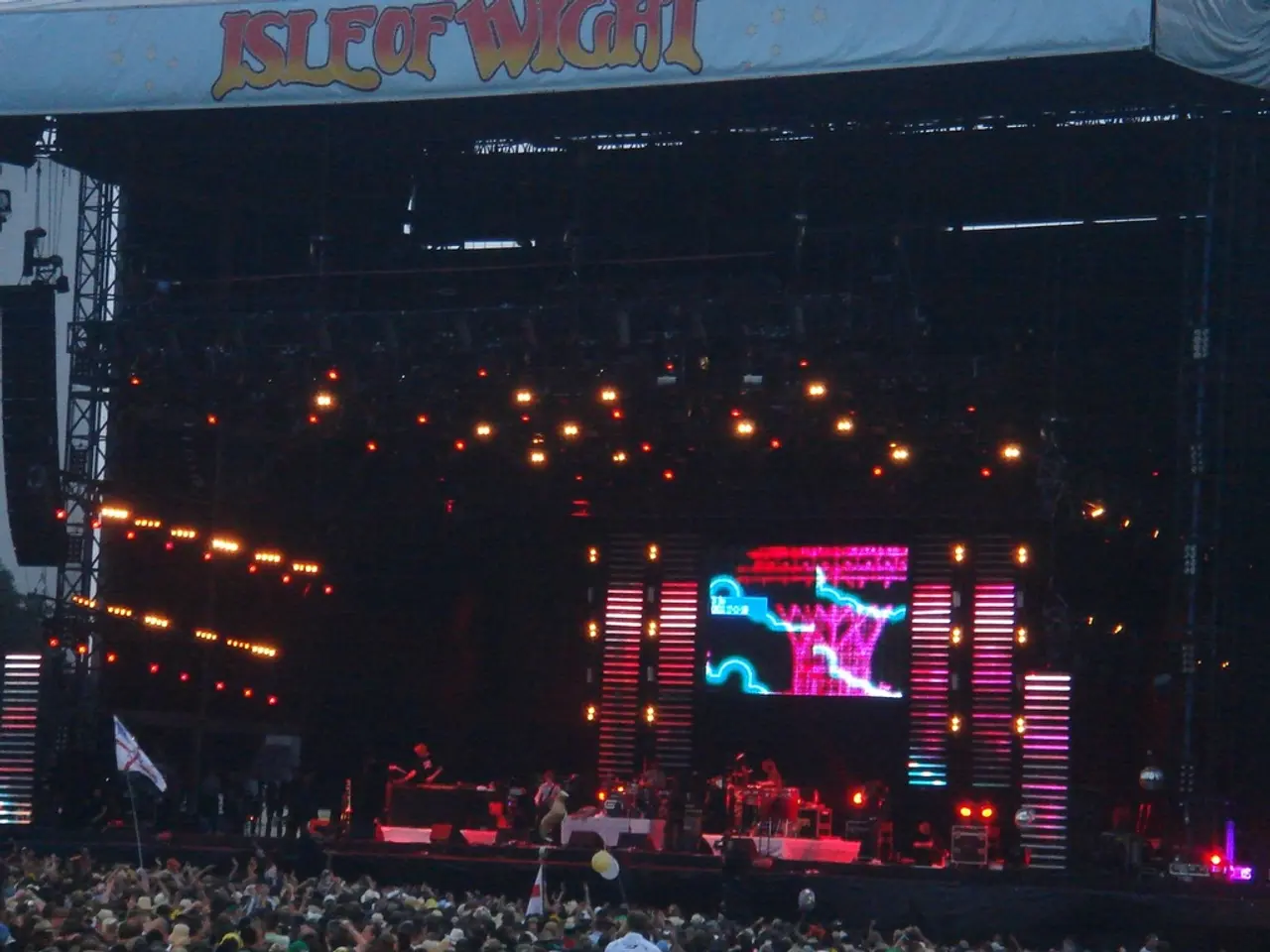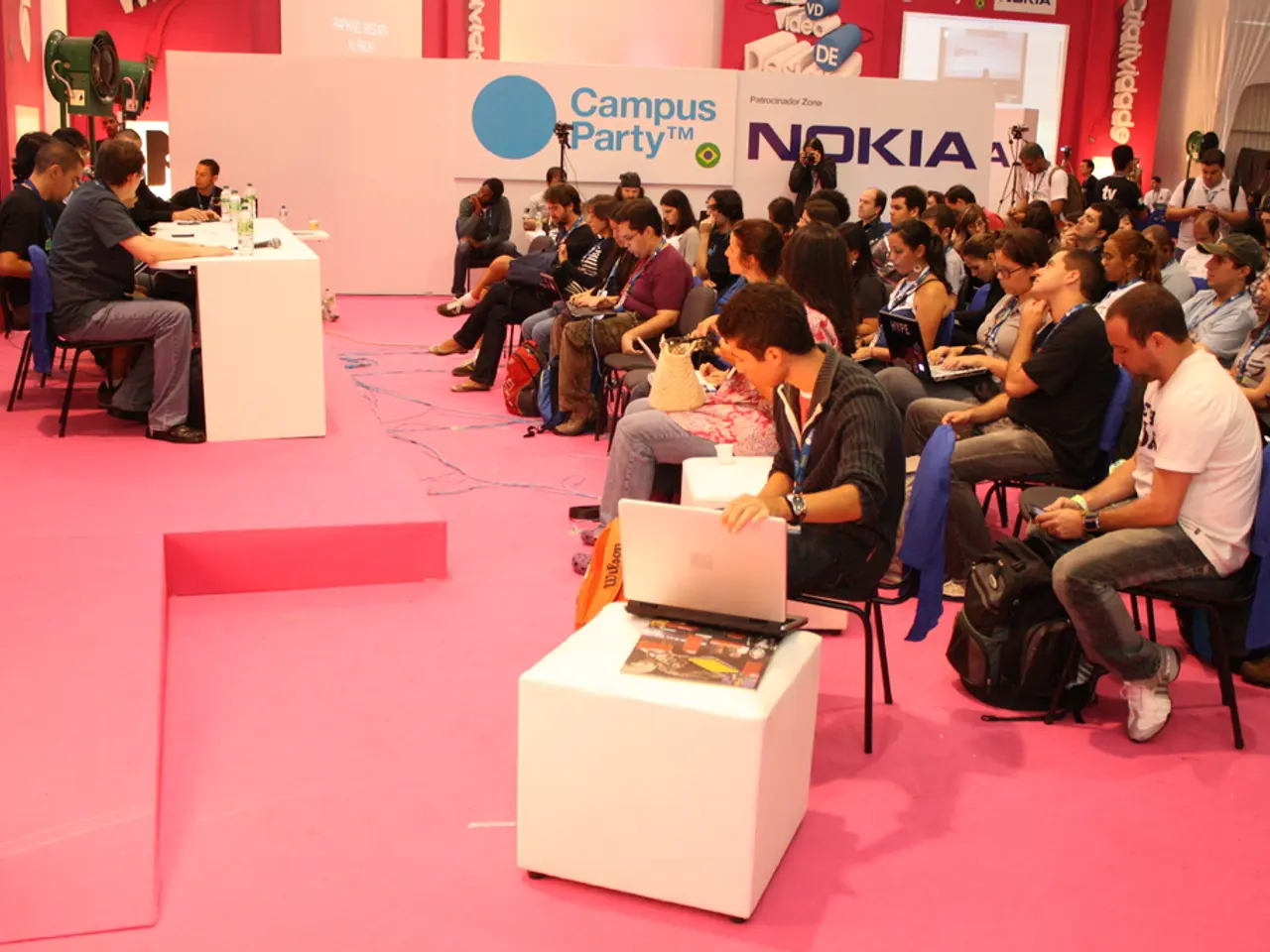Investing Efforts and Resources to Enhance Our Basics
Toyota's Sustainable Growth Strategy Unveiled
Toyota, the renowned automobile manufacturer, is embarking on a transformative journey towards sustainable growth. The company's strategy is built on a multi-technology and multi-pathway approach, integrating battery electric vehicles (BEVs), hydrogen fuel cell vehicles, traditional engines, and software-defined vehicles (SDVs), while simultaneously strengthening its foundational manufacturing and operational capabilities.
Battery Electric Vehicles (BEVs) and Electrification Portfolio
At the heart of Toyota's electrification strategy is the development of BEVs. The company aims to have at least 70 electrified models globally by 2025, including hybrid electric vehicles (HEVs), plug-in hybrids (PHEVs), BEVs, and fuel cell electric vehicles (FCEVs). The BEV lineup is spearheaded by models such as the bZ4X, with additional BEVs being rolled out, especially in markets like Europe where Toyota targets carbon neutrality by 2035. Toyota is expanding its BEV offerings to meet regional market demands, aiming to introduce multiple new BEV models by 2026.
Hydrogen Fuel Cell Technology
Toyota remains committed to hydrogen fuel cell vehicles, considering it a key part of its carbon neutrality plan. This strategy does not depend on a single technology but uses multiple powertrain solutions tailored to different markets and customer needs.
Internal Combustion Engines and Hybrids
While pushing electrification, Toyota maintains a strong commitment to hybrid technology, which accounted for 40% of global sales in 2024. This stable revenue stream helps fund further electric and hydrogen development. The strategy includes advancing flex-fuel hybrids and new fuel cell sedans.
Software-Defined Vehicles (SDVs)
Toyota is integrating digital tools and software within its new lean manufacturing system to enhance vehicle connectivity and functionality, supporting EV readiness and adapting to a digital automotive landscape. This is part of evolving its production system while preserving the long-standing Toyota Production System philosophy.
Strengthening Foundations and Lean Manufacturing
Toyota is retooling its manufacturing and organizational structure for a more electric and digital future while preserving efficiency, quality, and value creation through the "Toyota Way." The company invests heavily in battery manufacturing and operational excellence with nearly $21 billion committed in the US since 2020. This foundational investment ensures long-term operational sustainability beyond short-term trends.
Environmental and Social Responsibility
Under the Toyota Environmental Challenge 2050, the company aims to achieve zero CO2 emissions throughout the lifecycle of vehicles by 2050, minimize water usage, enhance recycling and end-of-life vehicle treatment technologies, and contribute positively to the sustainable society.
In summary, Toyota's sustainable growth strategy leverages a balanced and diversified technology portfolio — combining BEVs, hydrogen, and advanced hybrids — upgraded manufacturing systems, and software integration, all focused on achieving carbon neutrality and operational resilience globally. This approach ensures inclusiveness for customers worldwide and maintains competitive strength in varied market and regulatory environments.
[1] Toyota Global Website. (n.d.). Toyota Environmental Challenge 2050. Retrieved from https://global.toyota/en/sustainability/challenge/2050/
[2] Toyota Global Website. (n.d.). BEVs and FCEVs. Retrieved from https://global.toyota/en/newsroom/corporate/15761146.html
[3] Toyota Global Website. (n.d.). Toyota's Production System. Retrieved from https://global.toyota/en/about/production/tp/
[4] Toyota Global Website. (n.d.). Toyota's Environmental Vision. Retrieved from https://global.toyota/en/sustainability/vision/
[5] Toyota Global Website. (n.d.). Toyota's Hybrid Vehicles. Retrieved from https://global.toyota/en/newsroom/corporate/15761145.html
- In its push towards carbon neutrality, Toyota is not only focusing on Battery Electric Vehicles (BEVs) but also investing in hydrogen fuel cell technology for a balanced and diversified technology portfolio in its sustainable growth strategy.
- Likewise, while strengthening its foundational manufacturing and operational capabilities, Toyota is also integrating digital tools and software within its new lean manufacturing system to enhance vehicle connectivity and functionality, supporting Electrification Portfolio and adapting to a digital automotive landscape.




